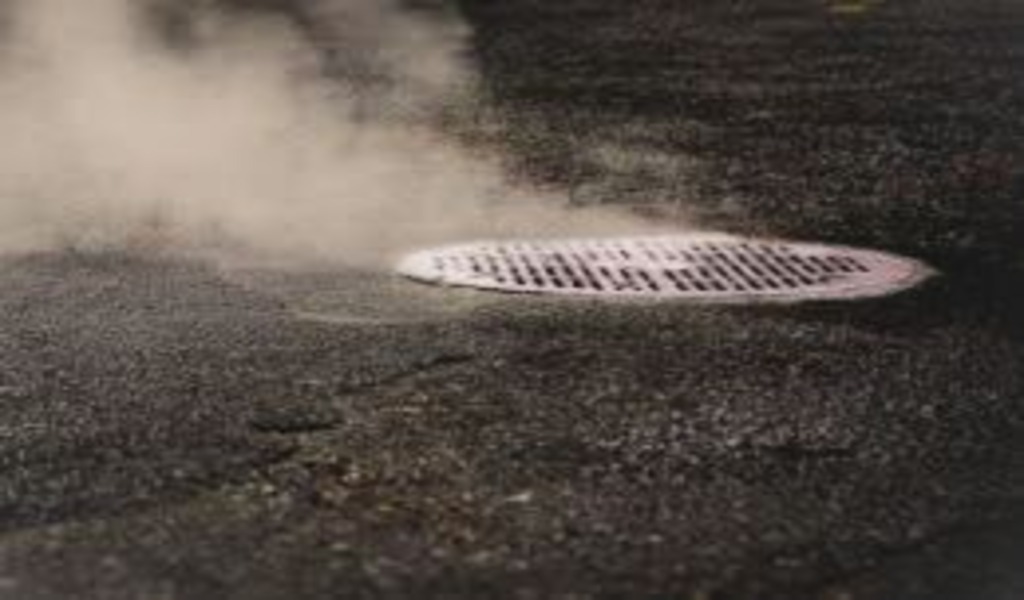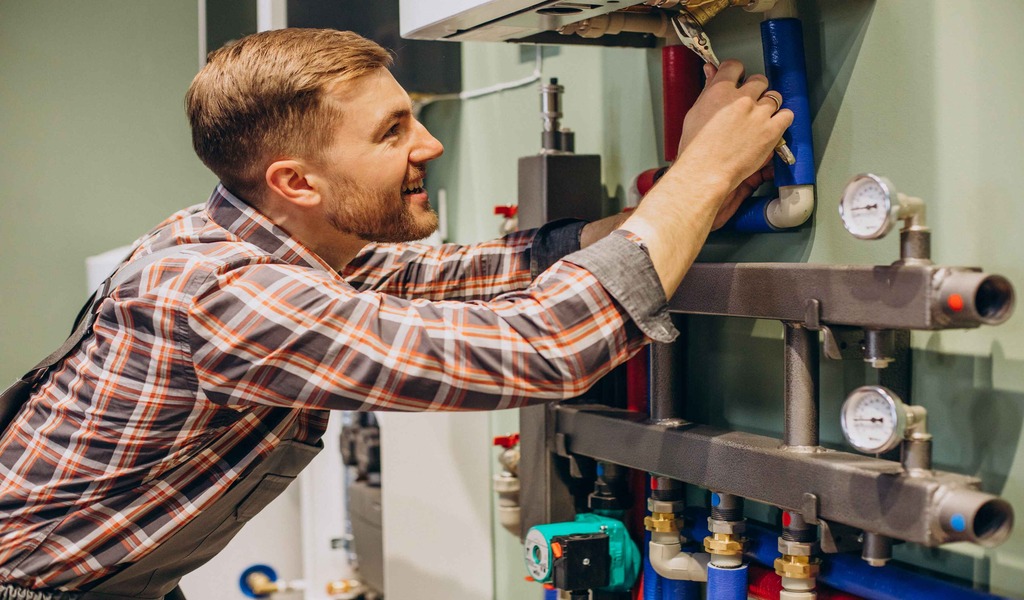Sewer gas leaks can be a serious problem in any home. They not only cause unpleasant odors but can also pose health risks. You might be dealing with a sewer gas leak if you notice a foul smell similar to rotten eggs or sulfur. The good news is that you can detect and prevent these leaks with a few simple steps. In this guide, we’ll discuss sewer gas, how to identify leaks, and how to keep your home safe.
What is Sewer Gas?
Sewer gas is a mixture of gases produced by decomposing organic waste in your plumbing system. It is commonly found in homes with outdated or damaged plumbing. Sewer gas can accumulate in poorly ventilated areas, leading to potential health hazards. The gas can also corrode pipes over time, causing more severe leaks. Understanding its composition helps in identifying and preventing exposure.
- Methane – Flammable and dangerous in high concentrations.
- Hydrogen sulfide – Responsible for the rotten egg smell.
- Ammonia – Can irritate the eyes and respiratory system.
- Carbon dioxide – Can displace oxygen and cause breathing problems.
While small amounts of sewer gas are usually harmless, prolonged exposure can cause serious health issues. That’s why it’s important to detect and fix leaks as soon as possible.
Signs of a Sewer Gas Leak
Detecting a sewer gas leak early can help prevent major problems. Knowing the warning signs can save you from potential health risks and costly repairs. These signs can appear in different forms, including physical symptoms and noticeable environmental changes. It is crucial to act quickly if you experience any of the following issues. Here are some common signs to watch out for:
1. Unpleasant Odors
If you notice a strong smell of rotten eggs or sulfur in your home, it could indicate a sewer gas leak. The smell is usually stronger near blocked drains, basements, or crawl spaces. This odor is caused by hydrogen sulfide, a toxic component of sewer gas. Prolonged exposure to this smell can lead to discomfort and health issues. Investigate the source immediately to prevent further complications.
2. Health Symptoms
Exposure to sewer gas can cause symptoms like:
- Headaches
- Dizziness
- Nausea
- Breathing difficulties
- Eye and throat irritation
If you or your family experience these symptoms in indoor plumbing but feel better outside, a sewer gas leak might be the cause. These symptoms can worsen with prolonged exposure, leading to more severe health concerns. It is important to seek medical advice if symptoms persist. Immediate ventilation and leakage detection can prevent further harm.
3. Slow or Gurgling Drains
If water drains slowly or you hear gurgling sounds, there might be a blockage in your plumbing system. This can lead to sewer gas escaping into your home. A clogged drain can also result in wastewater backup, creating a more significant plumbing issue. Regular maintenance can help prevent these blockages. Consider using natural drain cleaners to avoid chemical buildup in pipes.
4. Dry or Cracked P-Traps
A P-trap is a U-shaped pipe under sinks and drains. It holds water to block sewer gas from entering your home. If the P-trap dries out or cracks, sewer gas can leak into your living space. This often happens in unused sinks or drains. Pouring water into these drains regularly can keep the trap effective. Checking for cracks and sealing them prevents further leaks.
5. Cracks in Plumbing Pipes
A damaged or cracked pipe can allow sewer gas to escape. Check exposed pipes in basements and crawl spaces for signs of damage. Aging pipes and extreme temperature changes can lead to cracks. Moisture around pipes may indicate a slow leak. Replacing old pipes with durable materials can prevent future issues.
6. Malfunctioning Vent Pipes
Plumbing vent pipes release sewer gases outside. If they become blocked or damaged, the gas may seep into your home instead. Blockages can be caused by debris, bird nests, or snow accumulation. A visual inspection of your roof vent can help identify any obstructions. Regularly maintaining vent pipes ensures proper air circulation in your plumbing system.
How to Prevent Sewer Gas Leaks
Prevention is key when dealing with sewer gas leaks. Taking proactive measures can save you from unexpected repairs and health risks. Regular plumbing maintenance can help identify potential leaks before they become a major problem. Simple household practices can also keep your plumbing system in good condition. Here’s how you can protect your home:
1. Keep P-Traps Full
If you have drains that aren’t used often, the water in the P-trap can evaporate. Pour water down the drain every few weeks to keep the trap full and prevent gas from entering your home. You can also add a small amount of mineral oil to slow evaporation. This simple step helps maintain an effective barrier against sewer gas. Regularly checking for leaks around P-traps ensures proper function.
2. Check for Pipe Leaks
Regularly inspect exposed pipes for cracks or loose connections. If you find any damage, repair or replace the pipes immediately. Look for moisture around joints and Pex Plumbing fittings. A small leak can turn into a bigger problem if ignored. Using high-quality pipe materials can extend the lifespan of your plumbing system.
3. Unclog Drains Regularly
Blocked drains can cause sewer gas to back up into your home. Use a drain cleaner or a plumber’s snake to remove blockages before they become a bigger problem. Avoid pouring grease or food particles down the drain. Installing drain covers can help prevent clogs. Regular cleaning keeps your plumbing system running smoothly.
4. Inspect and Maintain Vent Pipes
Make sure your plumbing vent pipes are not blocked by debris, bird nests, or snow. If you suspect a vent blockage, call a plumber to clear it. Proper ventilation ensures sewer gases are safely released outside. Regular inspections can prevent major plumbing issues. Keeping vents clear improves overall indoor air quality.
5. Seal Cracks and Gaps
Check around floor drains, toilets, and sinks for any gaps or cracks. Use caulk or sealant to prevent gas from leaking into your home. Sealing gaps helps maintain proper airflow in the plumbing system. It also prevents pests from entering through drain openings. Regularly inspecting these areas can help detect early signs of leaks.
Conclusion
Sewer gas leaks can be unpleasant and hazardous, but they are preventable. By keeping your plumbing system well-maintained and addressing issues quickly, you can protect your home and health. If you ever detect sewer gas, act fast to find the source and fix the problem. Regular inspections and maintenance can help you avoid future leaks and keep your home safe from harmful gases.
If you suspect a sewer gas leak and can’t resolve it yourself, don’t hesitate to call a professional plumber. Your safety and health should always come first.


